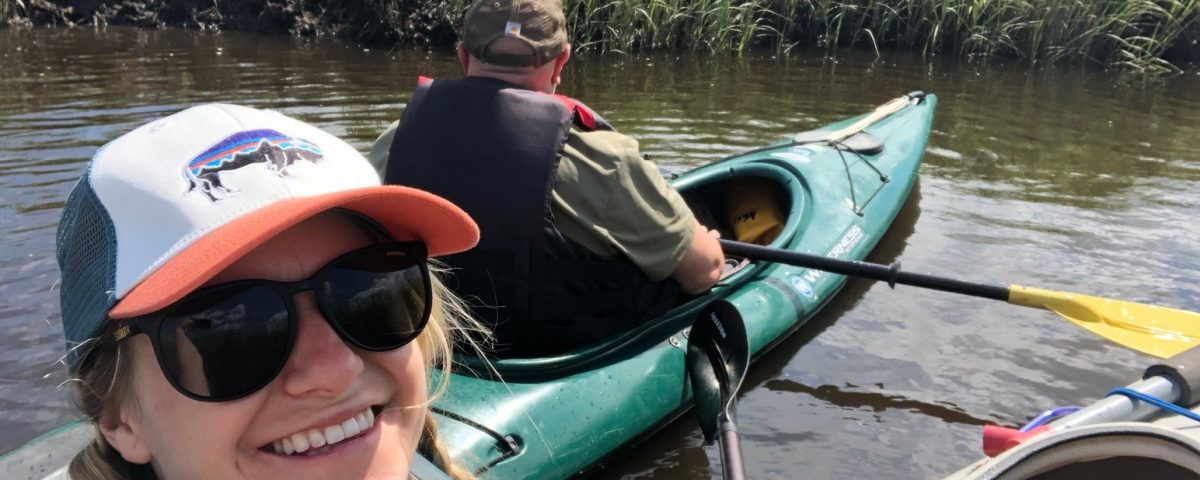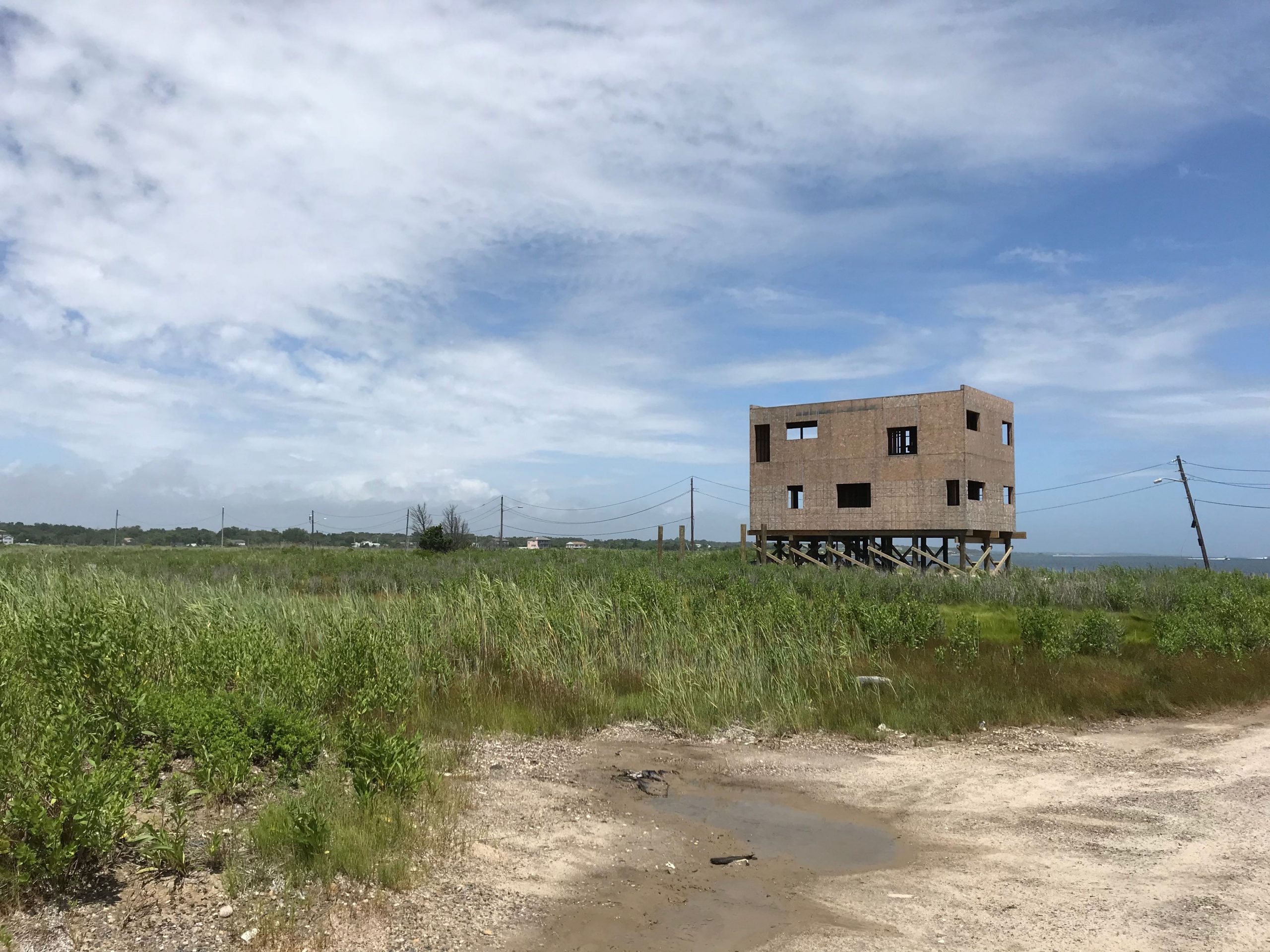
Imagining Futures in the Face of Sea Level Rise
December 10, 2020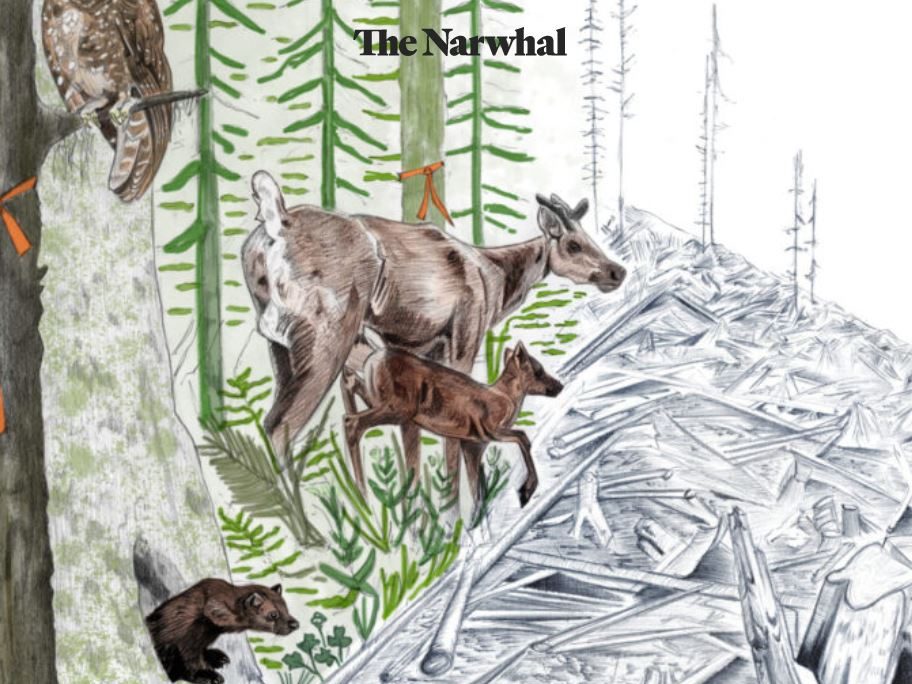
Top Ecology Long Reads of 2020
December 21, 2020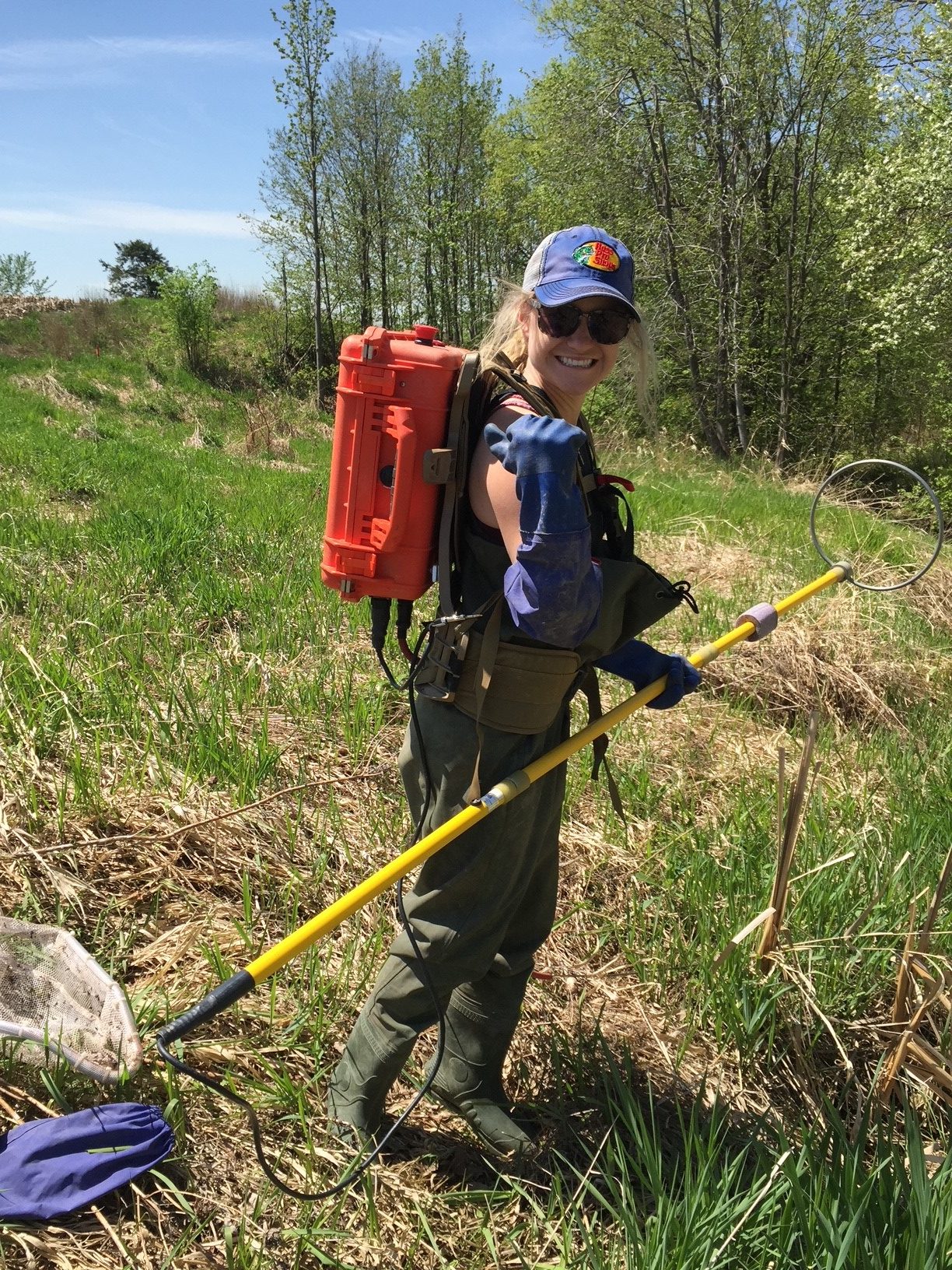
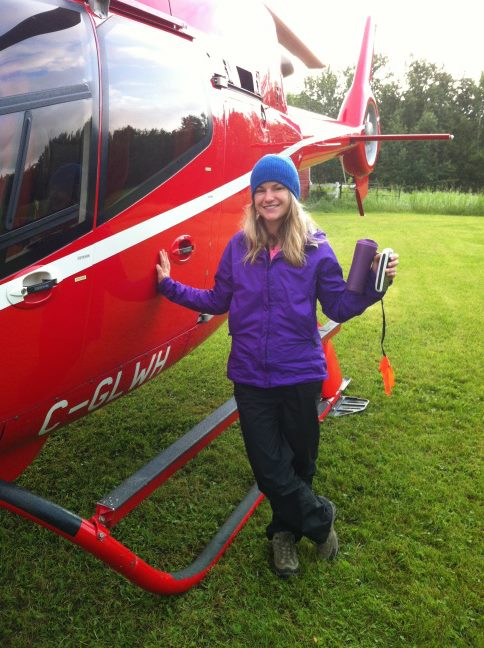
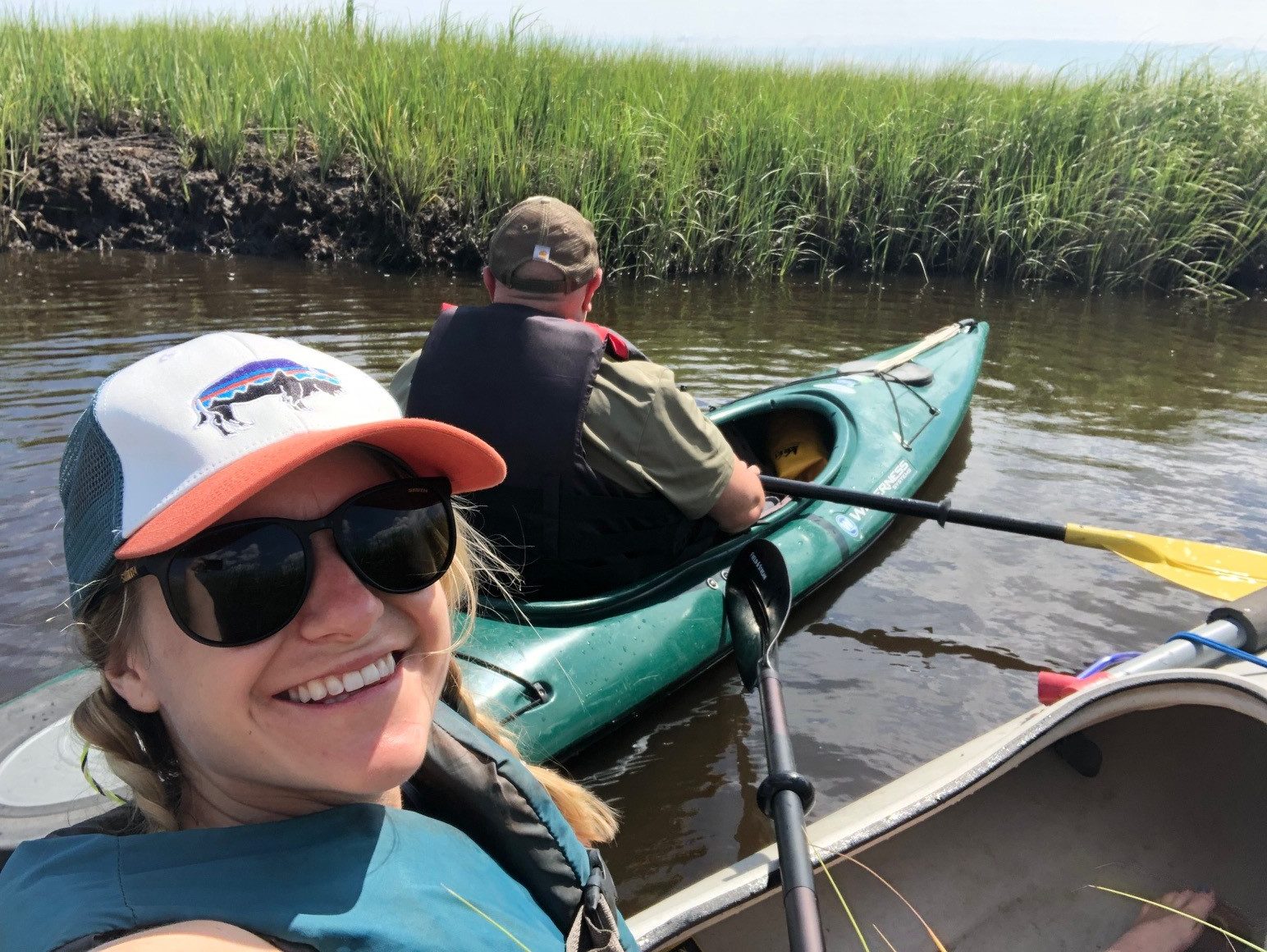
Featured Ecologist: Cate Collinson, P Biol
Who or what inspired you to become an ecologist?
The 1992 cinematic masterpiece, Fern Gully: The Last Rainforest and my parents, Barb and Dave. Both of whom were urban planners who emphasized the conservation of environmentally significant areas in their work. They spent most of my childhood working to create and then defend policies that protected local ecologically important areas in Ontario, Canada. Looking back at it now, my parent’s dedication to conservation and public service influenced me the most. On top of that, I spent a lot of time outside when I was a kid: skiing, hiking, and spending the summers swimming and running wild at the family cottage. This time outside fostered a deep appreciation and love of nature. In high school, when it came time to decide on post-secondary school studies, I thought about what I might enjoying doing as a job and what I was interested in which led to environmental studies. It just so happens that I was fortunate enough to match my interests with a career.
What is a typical day like for you at work?
I want to say a typical day is spent out in the field like when I first started my career, but those days are few and far between now. My day usually consists of at least three cups of coffee, writing environmental baseline reports, supporting ecological restoration projects, developing permit strategies, and writing permit documents. My favorite part is supporting restoration projects – there is always something new and interesting to learn in the research.
Where is your favorite place to spend a day doing field work?
Kayaking in the salt marshes of southern New Jersey or taking a helicopter to a site in the boreal forest in northern Alberta, bugs and all. Did I mention I get paid to do these things?
Over the course of your career with Great Ecology, is there one project that stands out among the others? Why?
Our Oakdale Lake Project in the City Hudson, NY is one of my favorite projects. Great Ecology is working on behalf of a local community group to improve water quality in the local lake with the goal of restoring the lake as a healthy and vibrant community resource. Instead of Great Ecology conducting all the sampling and data collection as we would normally do, Great Ecology developed a citizen scientist sampling protocol in partnership with the community group, and we are training community members to complete the sampling themselves. Once Great Ecology and the citizen scientists have collected the data and Great Ecology has analyzed it, we will assist the community group in engaging and educating the community on the health of their lake and what they can do to improve it. What stands out to me about the project is it is all about the local community and active participation. With that focus, the project is building knowledge and capacity within the community and fostering environmental stewardship.
If you had free reign and unlimited resources, what environmental issue would you most like to tackle?
There are many, but if I had reign and unlimited resources, I would tackle climate change and biodiversity loss which are intimately linked. Both issues keep me up at night.
Do you have any advice for people considering a career as an ecologist?
When you are just starting out in your career be willing to move if you can. I grew up in the greater Toronto area in Canada and pictured myself living in Toronto with my family and friends, but my first ecology contract after school was in Alberta, Canada. I took it and took helicopters to work every day in remote areas I never would have seen on my own. The contract was short, but it gave me enough hands-on experience to land me a full-time job back in Toronto close to my family. The willingness to relocate for experience will help you in the long run, give you some amazing fieldwork opportunities, and great Instagram photos.

